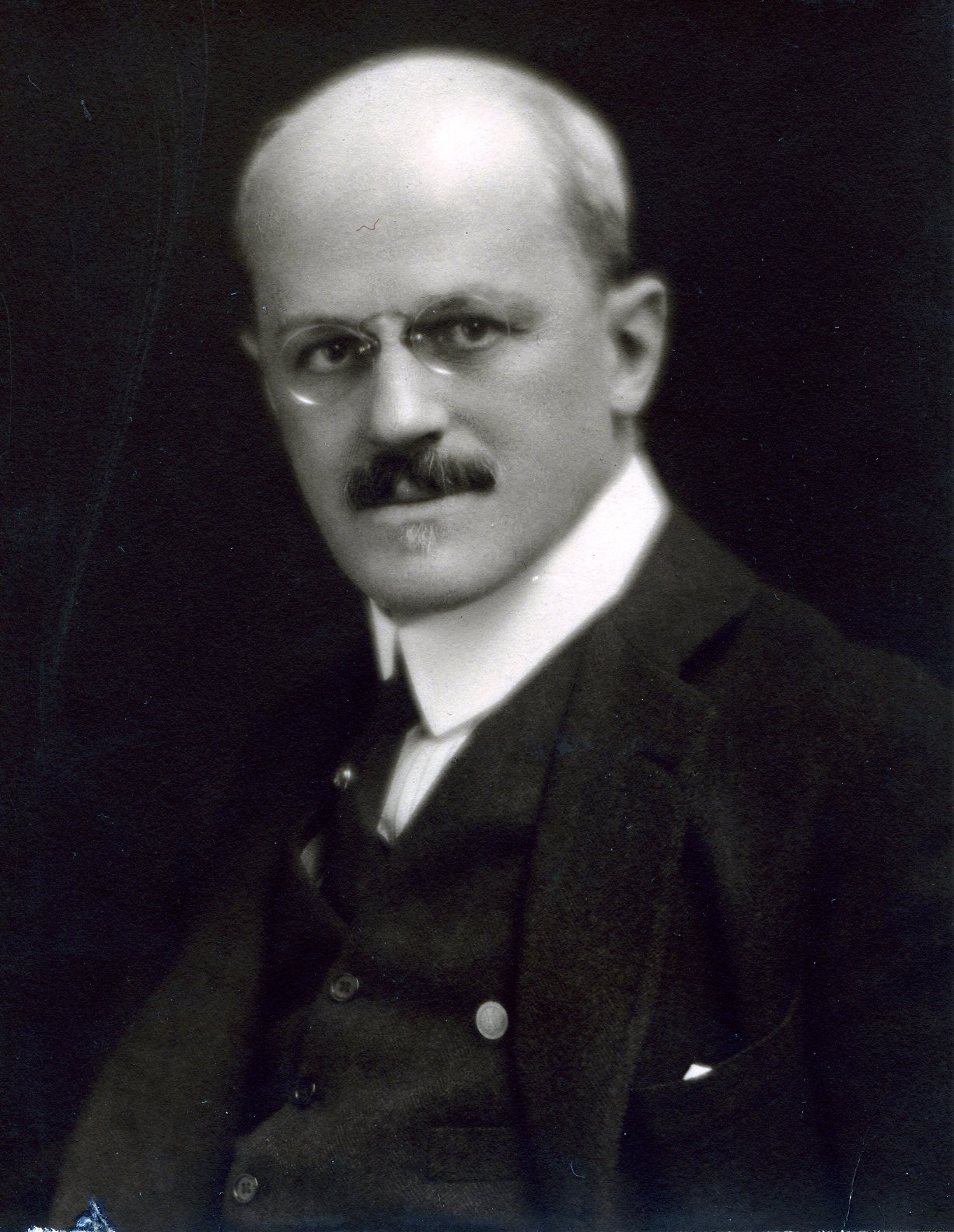Architect
Centurion, 1914–1953
Born 14 October 1870 in Scarsdale, New York
Died 4 June 1953 in New York (Manhattan), New York
Proposed by Daniel M. Stimson and Frank H. Holden
Elected 2 May 1914 at age forty-three
Archivist’s Note: Son of Benjamin F. Butler; brother of Willard Parker Butler; nephew of William Allen Butler and Willard Parker Jr.; grandson of Willard Parker; great-nephew of Charles Butler; cousin of Edmund Dwight
Seconder of:
Century Memorial
Charles Butler graduated from Columbia in 1891, and in 1930 the University gave him an honorary Litt.D. After graduating from college, he went to Paris and studied at the École des Beaux-Arts, where he received the Diplome.
This residence in Paris bred in him a lively and enduring interest in France and the French. He spoke the language excellently, and he thoroughly understood and admired the people. When Delano and Aldrich founded a fellowship to be awarded to French students of architecture to enable them to come to America and travel about, Butler became chairman of the trust and administered it for many years. He was accustomed to meet the young winners of the award on their arrival in New York and warm them with a sense of being among friends; then he would study their itineraries with them and give them letters to architects and lovers of France across the country.
In architecture he became particularly well known as a designer of hospitals, and his creations in this field are scattered all through France, Japan, and the United States. His best known building in the City is probably Temple Emanu-El, which he did in 1926 with his partner, Kohn.
Butler was a small, active man with a rapid, incisive way of speaking. He was at the Club a great deal—especially at lunchtime—and he served on various committees, including the Board of Management and the Admissions Committee. His great interest was France; and he was particularly congenial with a circle of similar-minded members who used to foregather—sometimes by design and sometimes fortuitously. He also belonged to a little discussion group with Keppel, Coudert, Father Clifford, Carrel, and some others, and they used to dine at each other’s houses and have a wonderful time.
As his interest was France, so his manner, his invariable courtesy, and a slight formal reserve were Gallic and born in him.
George W. Martin
1954 Century Association Yearbook

